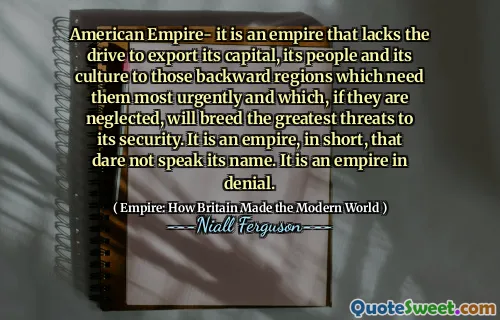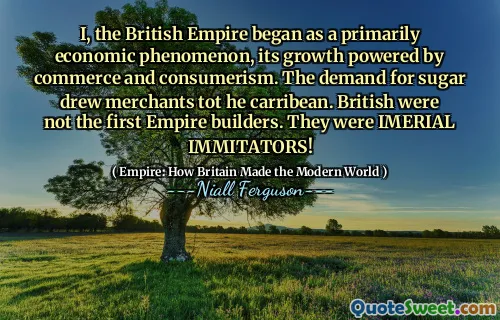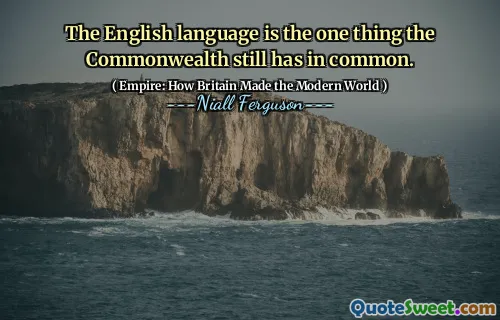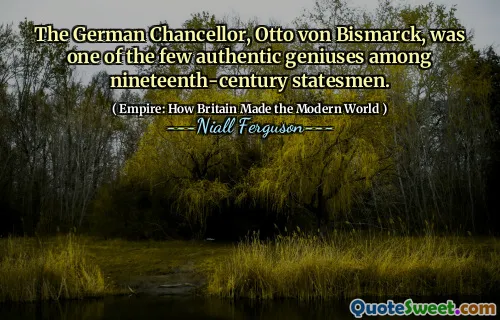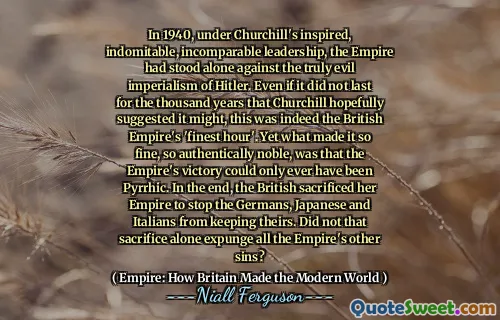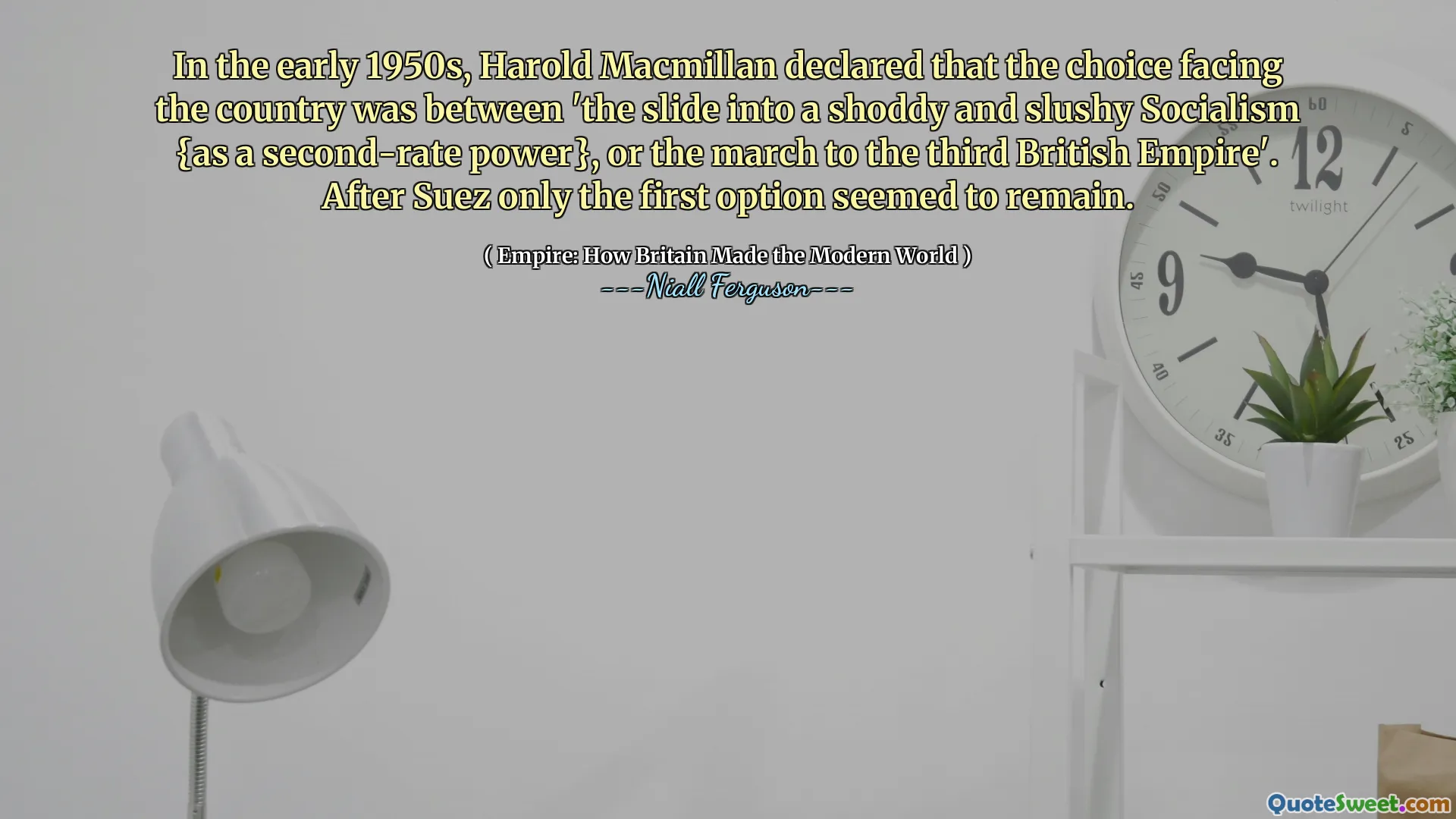
In the early 1950s, Harold Macmillan declared that the choice facing the country was between 'the slide into a shoddy and slushy Socialism {as a second-rate power}, or the march to the third British Empire'. After Suez only the first option seemed to remain.
In the early 1950s, British politician Harold Macmillan articulated a pivotal choice for the nation: maintaining its global power or succumbing to a decline characterized by ineffective socialism. He framed this as a choice between the deterioration into lesser global significance or striving for the revival of a 'third British Empire.' This reflects the anxieties of the era regarding Britain's diminishing role in the world.
Following the Suez Crisis, which highlighted Britain's waning influence, Macmillan's optimistic vision seemed increasingly unattainable. The events underscored a shift in the nation's trajectory, making the prospect of restoring its imperial grandeur appear remote, with only the path of a diminished status as an option. This tension between aspiration and reality encapsulates the struggles Britain faced in redefining its identity during a period of significant global change.
